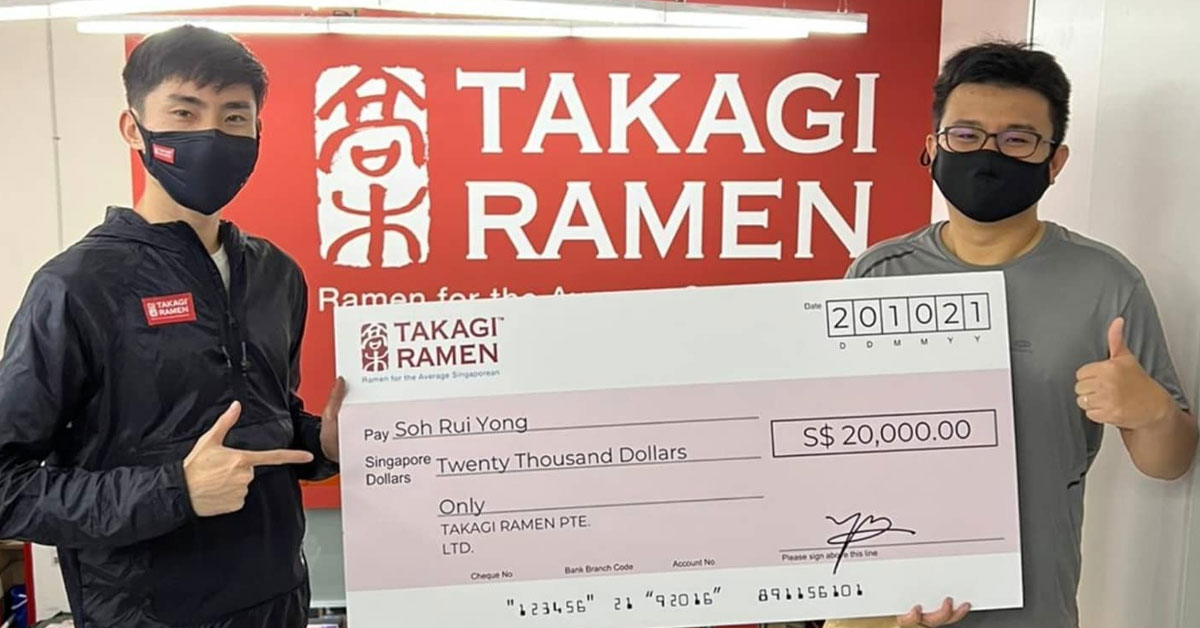Remember when the Monetary Authority of Singapore (MAS) warned us that the prices of everything are going to rise?
True to their word, the price of cooking oil in Singapore is going to rise soon, as Indonesia bans certain oil exports.
Here are the details.
Indonesia Bans (Some) Oil Exports
Indonesia’s president Joko Widodo announced on 22 April that the country will stop exporting palm oil from 28 April, to help control rising domestic prices.
On 27 April, Jakarta provided more details on what the ban would cover, which includes:
- crude palm oil,
- refined palm oil,
- refined, bleached and deodorised (RBD) palm olein,
- palm oil mill effluent, and
- used cooking oil.
FYI, RBF palm olein is a key ingredient in cooking oil, and is used in many other things like ice cream.
Indonesia is the world’s biggest exporter of palm oil, so this announcement sent edible oil prices soaring worldwide. This is coupled with other factors that already decreased the supply of oil, like drought and the Russo-Ukraine war.
Soon, this rise in oil prices is going to reach our sunny island.
MTI Warns Rise in Price of Cooking Oil
The Ministry of Trade and Industry (MTI) said on 5 May that consumers can expect further pressures on the price of cooking oil.
An MTI spokesperson said that the export ban, though not likely to have a big impact on the supply of cooking oil in Singapore, will still place upward pressure on prices.
This is because Singapore gets most of our palm oil from Indonesia, as seen in how we imported US$228 million of it in 2020.
However, we also have other sources of palm oil, like Malaysia, China, the Netherlands, Kenya and Vietnam.
Additionally, our importers and retailers currently have enough stock of cooking oil to meet our consumption demands. This will also give our importers time to increase imports from other countries, so we won’t be too affected by Indonesia’s ban.
MTI will continue to closely monitor ongoing developments, and work with key partners to ensure an adequate supply of oil in Singapore.
Featured Image: shutterstock.com / ben bryant



